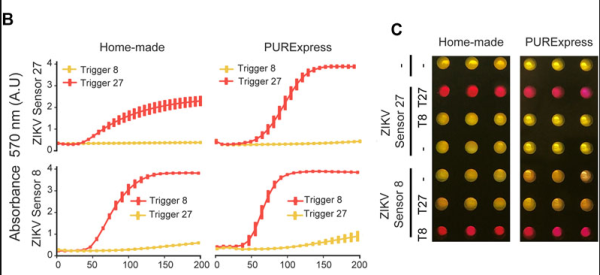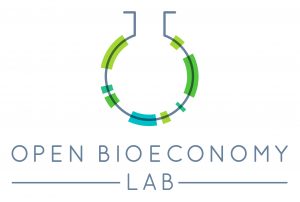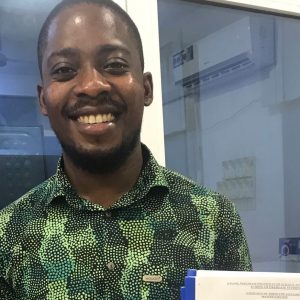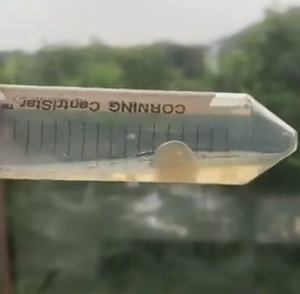Cell-free gene expression systems have emerged as a promising platform for field-deployed biosensing and diagnostics. When combined with programmable toehold switch-based RNA sensors, these systems can be used to detect arbitrary RNAs and freeze-dried for room temperature transport to the point-of-need. These sensors, however, have been mainly implemented using reconstituted PURE cell-free protein expression systems that are difficult to source in the Global South due to their high commercial cost and cold-chain shipping requirements. Based on preliminary demonstrations of toehold sensors working on lysates, we describe the fast prototyping of RNA toehold switch-based sensors that can be produced locally and reduce the cost of sensors by two orders of magnitude. We demonstrate that these in-house cell lysates provide sensor performance comparable to commercial PURE cell-free systems. We further optimize these lysates with a CRISPRi strategy to enhance the stability of linear DNAs by knocking-down genes responsible for linear DNA degradation. This enables the direct use of PCR products for fast screening of new designs. As a proof-of-concept, we develop novel toehold sensors for the plant pathogen Potato Virus Y (PVY), which dramatically reduces the yield of this important staple crop. The local implementation of low-cost cell-free toehold sensors could enable biosensing capacity at the regional level and lead to more decentralized models for global surveillance of infectious disease.
Decentralizing Cell-Free RNA Sensing With the Use of Low-Cost Cell Extracts
Arce, A., Guzman Chavez, F., Gandini, C., Puig, J., Matute, T., Haseloff, J., Dalchau, N., Molloy, J., Pardee, K., & Federici, F. (2021). Decentralizing Cell-Free RNA Sensing With the Use of Low-Cost Cell Extracts. In Frontiers in Bioengineering and Biotechnology (Vol. 9). Frontiers Media SA. https://doi.org/10.3389/fbioe.2021.727584








